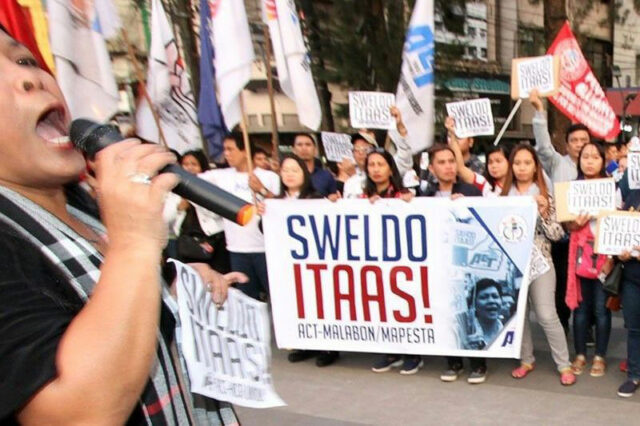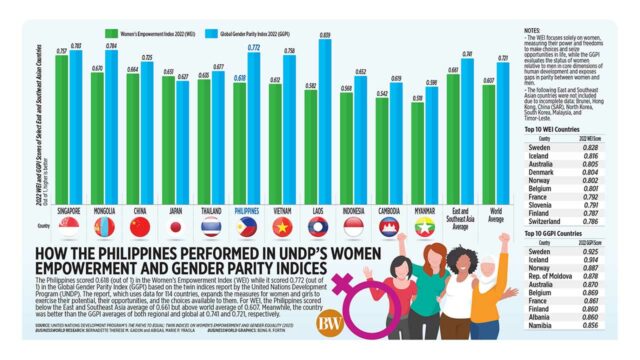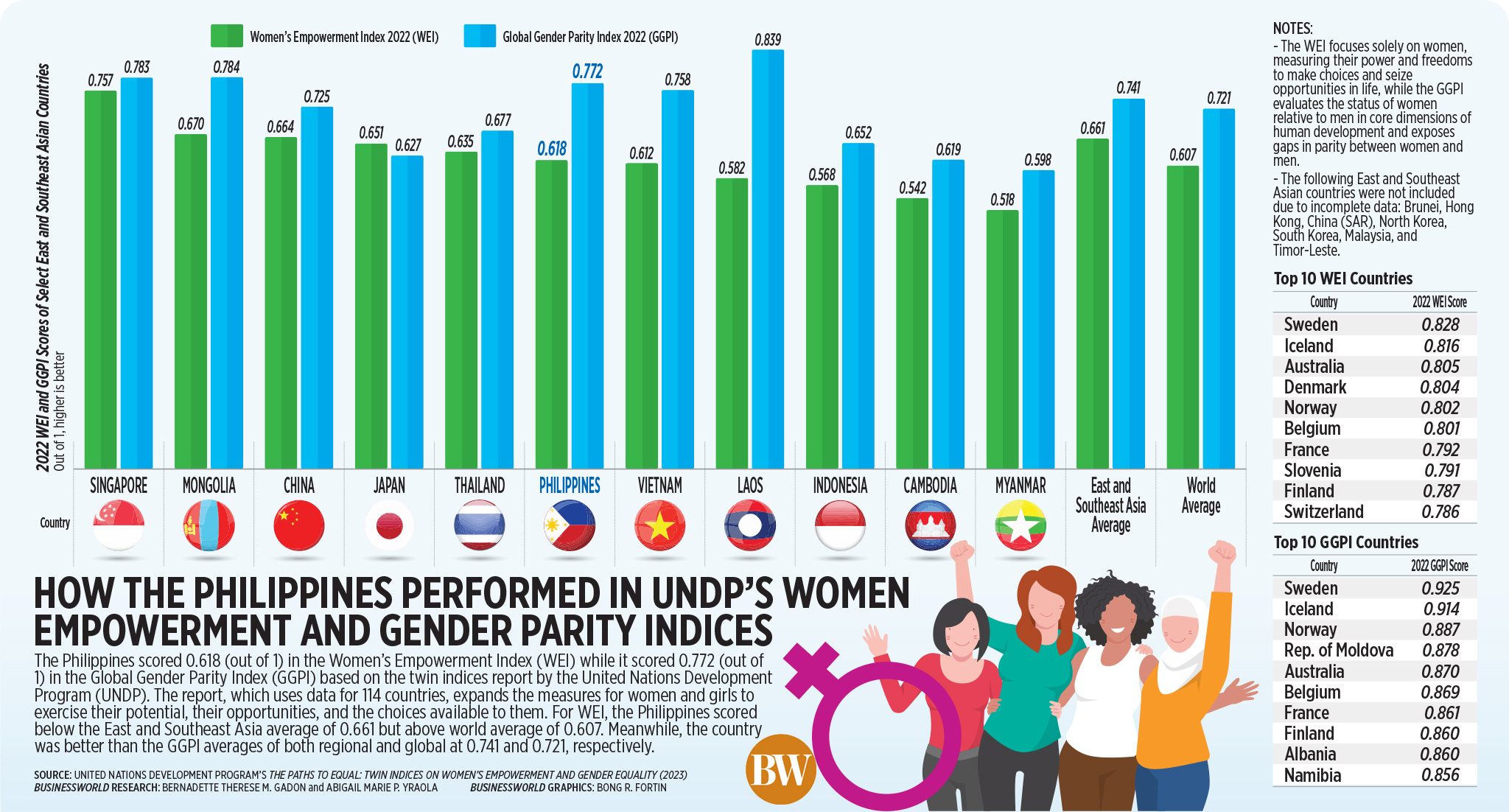DoubleDragon taps visa advisors for buyers of Hotel101-Madrid units
DOUBLEDRAGON CORP. has tapped advisory service providers to process the residency application of non-European unit buyers of its hotel project in Spain.
In a press release on Thursday, the company said its subsidiary, Hotel101 Global Pte. Ltd., signed master service agreements with Orience, PSI Consultants, and L&L RSM Law as exclusive advisors.
The agreements, signed on July 20, will help buyers in their residency application via investment option when they buy at least three units in Hotel101’s first European project — Hotel101-Madrid in Spain’s Valdebebas.
“It will be optional for the Hotel101 unit buyers if they wanted to apply for a golden visa with their purchase of the Hotel101 units,” said Edgar J. Sia II, chairman of DoubleDragon and Hotel101 Global.
Known as the Spain investor visa, the “golden visa” is a residence permit issued to non-Europeans who invest in Spain such as buying a real estate asset worth at least 500,000 euros.
“As we will be building a fresh inventory of units, it will not reduce the existing housing inventory in Spain, and will add economic activity through the purchase of land, salaries of construction team and the long-term recurring taxes that this project will bring in,” said Mr. Sia.
“We are excited for a long-term business endeavor, as Spain and Philippines have a very long history of cultural relationship and would bring long-term benefits to both Spain and the Philippines,” he added.
In the media release, DoubleDragon said visa applications are for evaluation and approval by Spanish authorities, at their discretion. But it said the purchase of Hotel101 units may be used by the foreign buyer to comply with the investment requirement.
The company placed the processing and advisory fee at about 6,000 euros which will be free for those who will buy three Hotel101 units in Madrid during the pre-selling period until Dec. 31, 2023, “or until the units are fully sold out, whichever comes first.”
DoubleDragon targets Hotel101-Madrid to become one of the top 5 largest hotels in Madrid. Hotel101 Global is the company’s subsidiary for its “worldwide hotel expansion.”
“Hotel101-Madrid is set to be the very first homegrown Filipino hotel chain to enter Spain,” it said.
DoubleDragon said its hotel venture is poised to “become world-class in all standards and create job opportunities to Filipinos who reside in the Philippines or abroad, and bring a pinch of pride and honor to each and every Filipino from anywhere around the world where Hotel101 will eventually locate and operate.”
It said the hotel is a three-minute walk to the Valdebebas Train Station, a four-minute walk to the IFEMA convention complex, a five-minute walk to Real Madrid Sports Complex, and about seven minutes away from the new Madrid Barajas International Airport.
DoubleDragon aims to list Hotel101 Global in the US and expects to derive more than 95% of its revenues outside of the Philippines.
On Thursday, DoubleDragon advanced by 0.67% or five centavos to P7.50 each share at the stock market.










